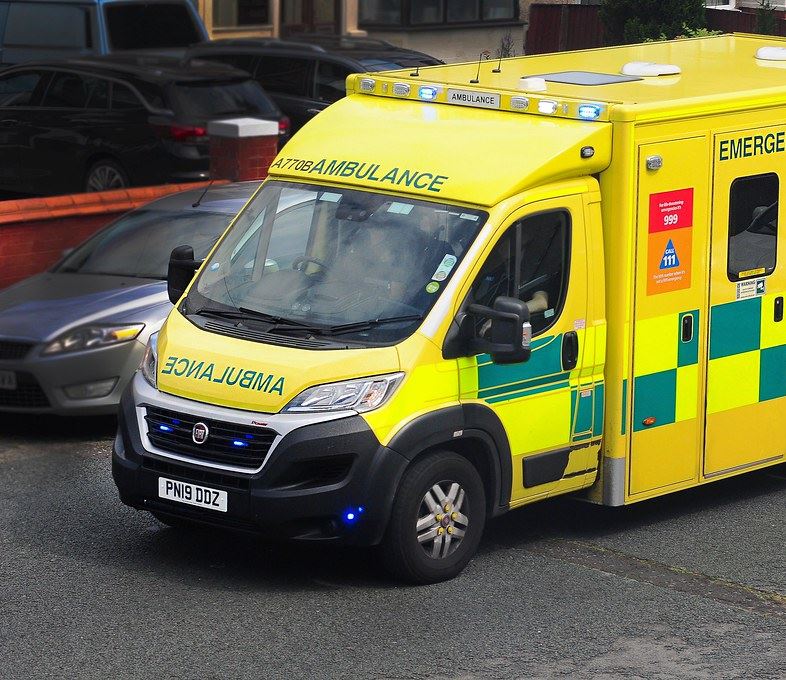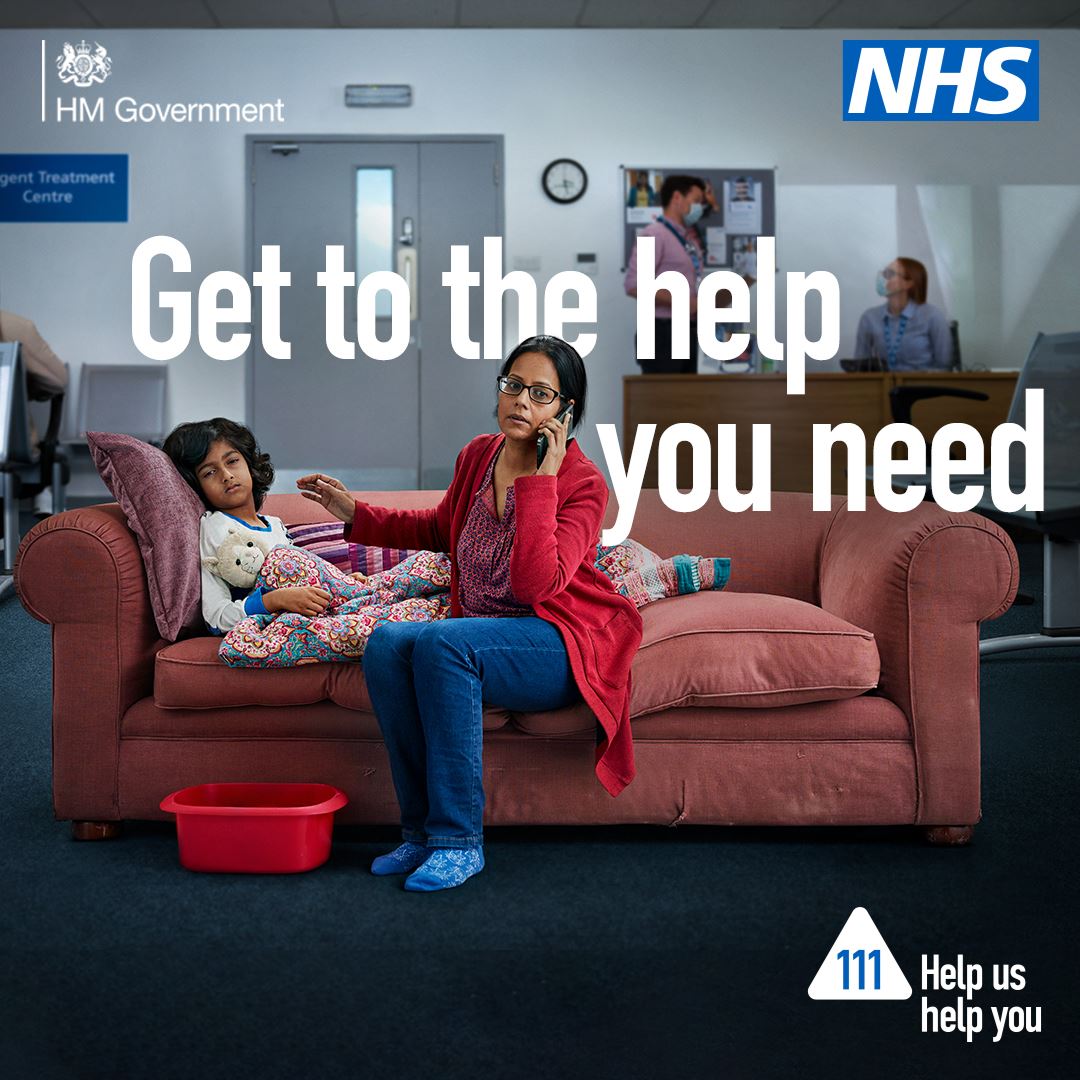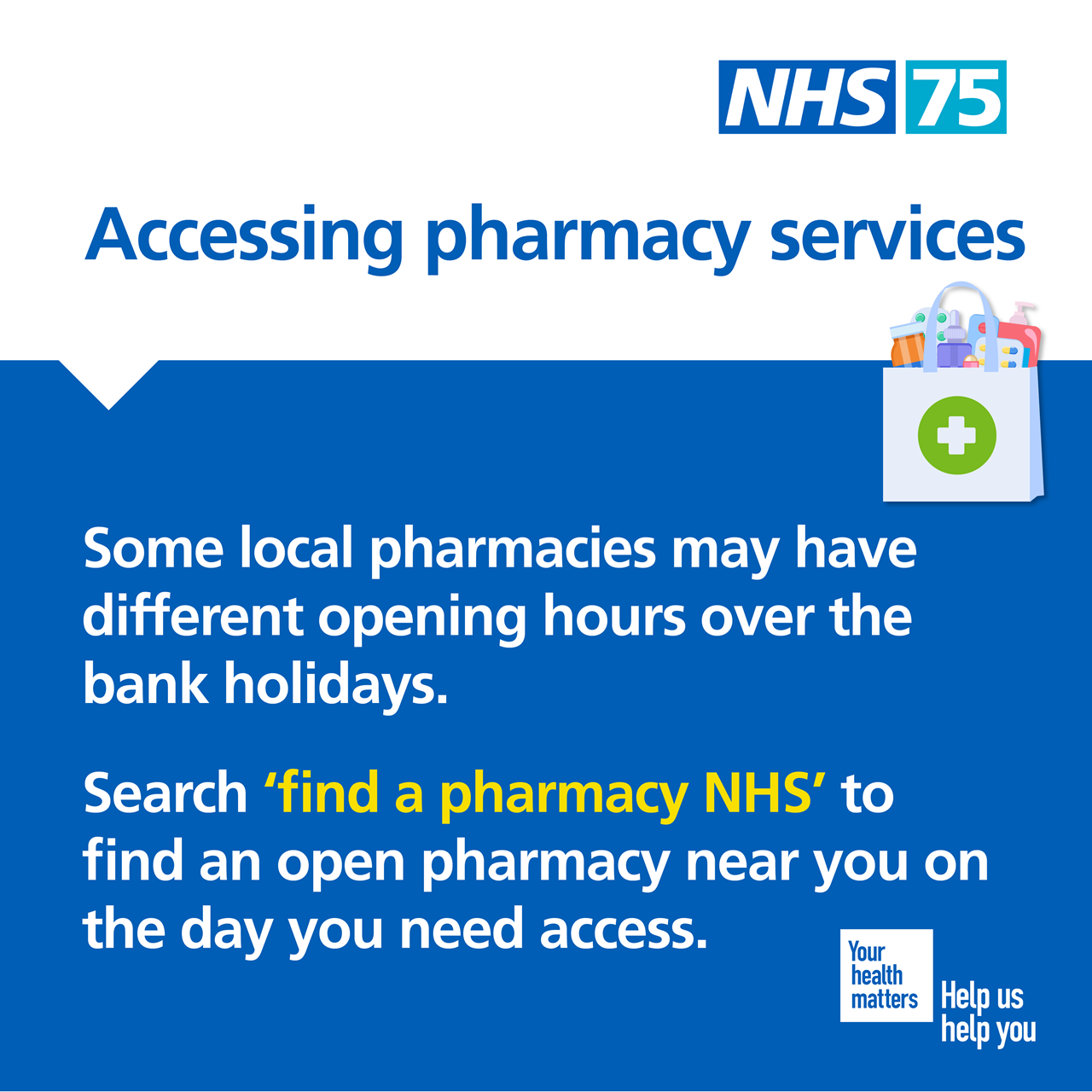- As qualified healthcare professionals, Pharmacists can offer clinical advice and over-the-counter medicines for a range of minor illnesses, such as coughs, colds, sore throats, and aches and pains.
- If symptoms suggest it's something more serious, pharmacists have the right training to make sure you get the help you need.
- All pharmacists train for 5 years in the use of medicines. They are also trained in managing minor illnesses and providing health and wellbeing advice.
- Many pharmacies are open until late and at weekends.
- Most pharmacies have a private consultation room where you can discuss issues with pharmacy staff without being overheard.
For more information on How your pharmacy can help - NHS (www.nhs.uk)


